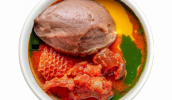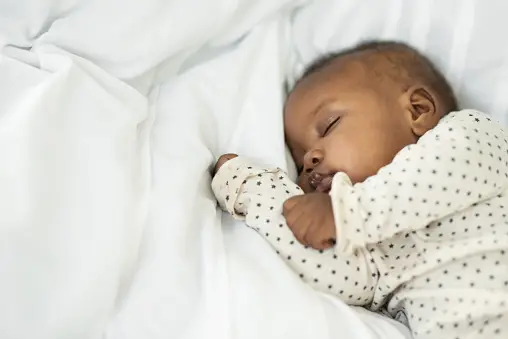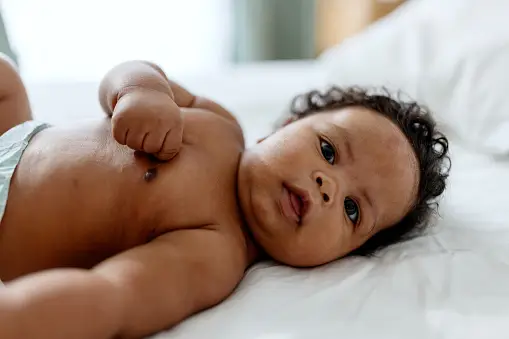Cleanliness is next to godliness is a cliché quote heard around, especially in Nigeria. The reason for this statement is embedded in the need for personal hygiene. Personal hygiene for babies is essential to prevent various complications that may arise from the accumulation of dirt and microorganisms.
Just because your baby isn't taking solid foods or teething yet, doesn't mean you shouldn't pay as much importance to their oral health as you do to their bodily health. Here are ways to take care of your baby's oral health and highlights of why you should care for your baby's or newborn's oral health.
Importance of oral hygiene for newborns
Oral hygiene in babies is quite necessary as opposed to what some new mothers may think.
Why do you need to take care of your newborns' oral health?
- Even before a baby starts teething, regular oral hygiene is crucial to prevent bad bacteria and other microorganisms from thriving within the oral environment.
- Before teething which typically happens around five months of age, the tongue is the most essential oral organ within the mouth. To take care of the oral hygiene of newborns, the focus is most times the tongue.
- To prevent bacteria from growing and to prevent bad breath, cleaning the tongue is an essential seemingly easy task that needs to be carried out.
Unlike many people may assume, this task doesn't require much expertise or even put the baby at risk of any complications. This would rather reduce the high risk of gaining infections.
- Also, babies have less saliva than adults making it hard to remove the milk residue from their mouths themselves. Due to this, it's more likely to see white coatings on a baby's tongue due to the build-up of milk.
This white coating could also be oral thrush, a fungal infection of the mouth that puts the baby in discomfort and makes them reduce their eating due to burning sensations. If you notice such situations it would be important to contact your doctor.
- Cleaning your baby's tongue also prepares them for cleaning using a toothbrush. It doesn't come as much as a shock to them to experience using a toothbrush as they are used to being cleaned.
How to clean your newborn’s tongue
Cleaning a baby's tongue is not a hassle. It is a simple task that needs your time and attention. There are very few materials involved, and they include gauze, washcloth, and warm water. Note that it is important that you clean your baby's mouth twice daily or at least after feeding to keep it clean and fresh.
Because hygiene is important, the first rule is to wash your hands thoroughly and ensure your hands are clean and free from dirt before starting this process.
- Put the gauze or your cloth-covered finger into the warm water
- Slowly and carefully open your baby's mouth and rub the tongue in a circular motion using the gauze or washcloth.
- Ensure to rub your finger over your baby's gums and the inside of their cheeks
Note that you can also use a soft finger brush rather than your hands to gently massage and scrub away the milk residue. Maintaining proper oral hygiene for your baby is very essential to prevent dental problems and improve their dental hygiene. To prevent future complications please stick to the safe ways of tending to your baby's oral health.
Frequently Asked Questions (FAQs)
- Can I use alum to clean my baby’s tongue?
You cannot use alum to clean your baby's tongue. Alum is a potentially harsh chemical compound, especially for babies and when ingested can cause various complications considering their immune system isn't strong enough. Do stick to safer and more gentle methods for cleaning your baby's tongue.
- Can I use a wet cloth to clean my baby’s tongue?
Yes, you can use a wet cloth to clean your baby's tongue but ensure it's clean.
- Can I use a toothbrush on my baby’s tongue?
You can use a soft toothbrush on your baby's tongue. Make gentle movements around their tongue.










Comments